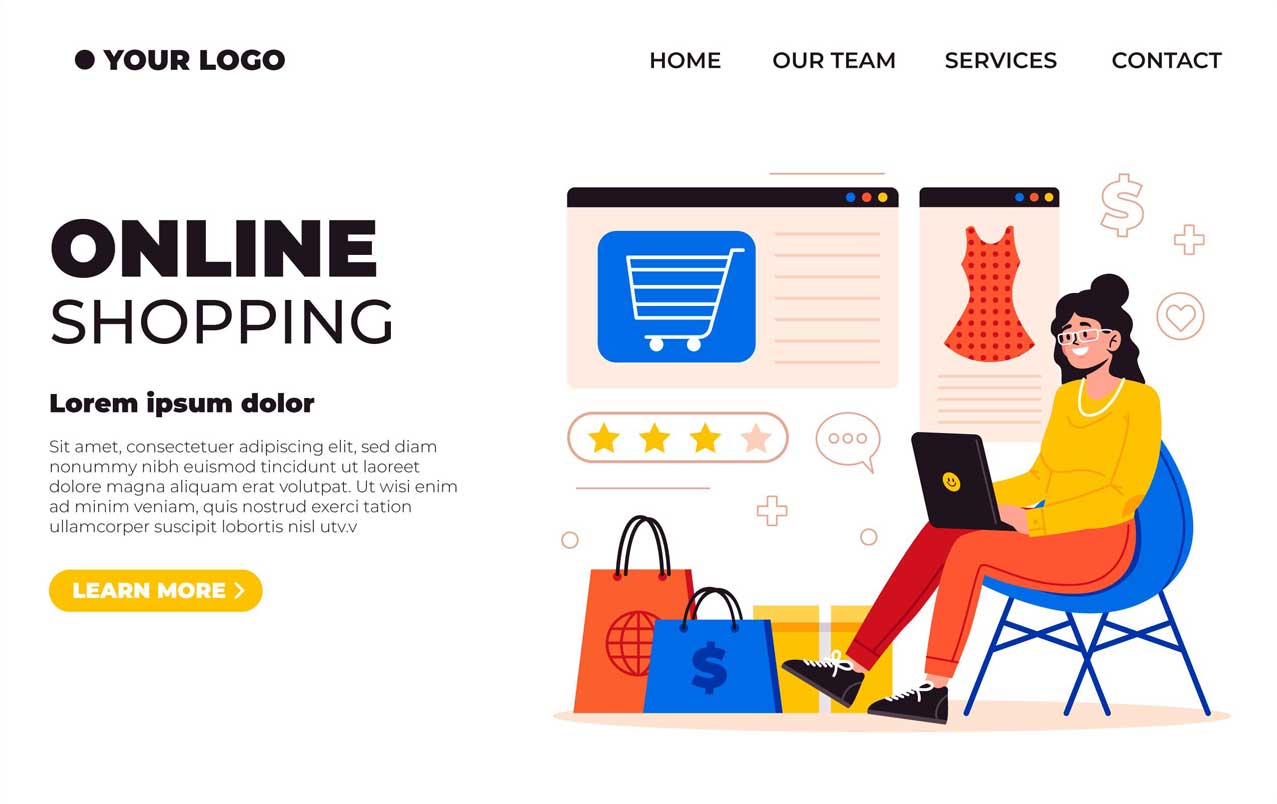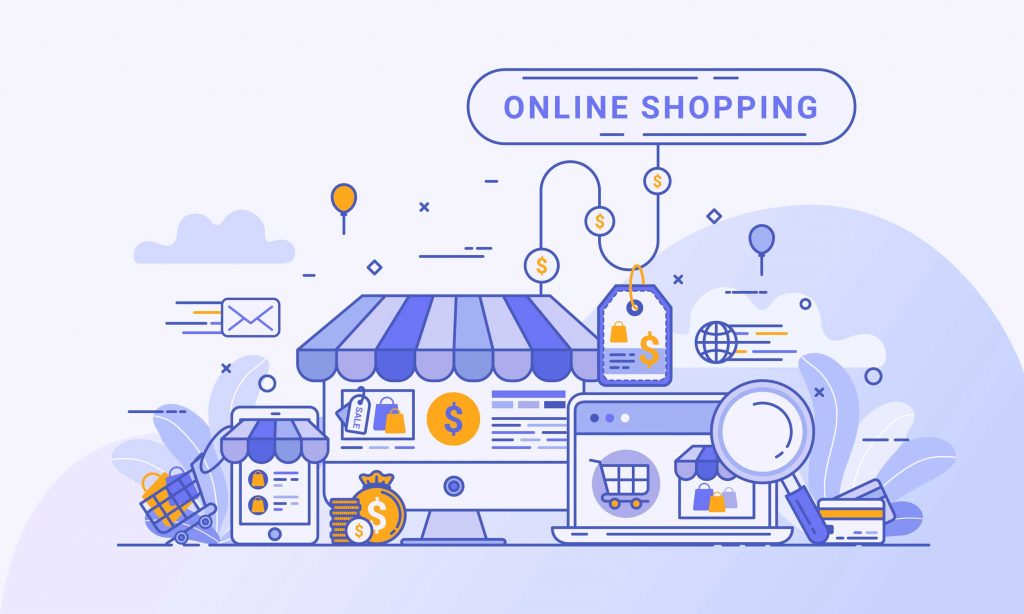Would you like to start a project with us?
We prefer to start with an in-depth analysis of your needs, at the end of which we will suggest a tailored strategy, a suitable price and long-term implementation.
B2C (business to consumer) is a group of commercial units that help in the consumers’ transaction with items and services. It incorporates shopping, online, searching information (e.g. railway timetables), and games. Common items purchased via internet transaction are airline tickets, book, PC, videos, and music disks.
B2C model concentrates more on commodities and buying methods such as tickets, storage goods and display items. In general, any trade that provides a retail item to people belongs to this type. This involves buying a web space, buying a hosting plan and writing articles or contents. Build It! Site is integrated with software for all kinds of e-commerce.

Online mediators facilitate the deals carried out between the trader and the consumer. These mediators get a small amount of the transaction value and form the leading group of B2C companies. Its main objective is to transform shoppers into customers aggressively. B2C is product-driven by offering maintenance of software networks of other business groups and facilitating growth in advertising, trading, profits and efficiency. Marketing sites and other sites that aim at decision-makers, managers and business holders are few examples. It does not need costly infrastructures.
The mediators are of two types: (1) Intermediaries, (2) Infomediary.
Intermediaries: These are the mediators such as Amazon, Yahoo, and Google.
Infomediary: This website conveys trader’s specific information about the products, services, and customers.
Information is exchanged between business and consumer through the medium of internet, and the information can be a customer request of product orders/services, product details.
⇒ Cost and offerings of the items can be changed immediately.
⇒ Call centre’s can be incorporated with the websites.
⇒ The Experience of purchasing can be improved by Broadband.
⇒ Telecommunications.
⇒ Shopping can be much more convenient and faster.
Building traffic & customer loyalty pose to be the challenges for B2C e-commerce.
Auction stores use bidding mechanisms such as a multimedia presentation by multimedia, integrating the bidding process with contracting, payments, and delivery. E-Bay is the best example of this model. It is very convenient as the bidder can partake in bidding from his office or home. The bidding duration can be for days or weeks. The net sale site is global and inexpensive to work with. The only disadvantage is that the items can not be physically checked, and the bidder has to rely on the site’s information.
Online stores (e.g. Amazon.com) offer advertisement for the products on the web to promote the company, its goods and services, and sell its items. Amazon.com is the best example that started selling books online and progressively started selling other products. This benefits the company by reducing expenses to reach global customers, advertisements, and sales. The customers benefit in return, as they get low prices, more choice, better information and convenience.
E-Bay, Amazon etc., remain at the top because of their effective communication and value.
Shopping through online stores is fast gaining popularity and acceptance. B2C transaction is projected to progress in the future years. However, to enable this to happen, online shops need to contribute considerably to the consumers and work out new strategies to generate business.

Companies are using the net to provide consumer services, e.g. supply business and facility sector banks. MaketheMove.com lets users set up, transfer or cancel utilities like gas, electric, local phones, long-distance, wireless telephones, paging, newspaper etc.
B2C helps establish communication between the various members of a business system, thus reducing the “time to sell” new products. Products can be accessed globally, 24 X 7 X 365 and also new markets. This model eliminates the middlemen concept and offers simple electronic supply and product segregation based on its choice. B2C facilitates automating transactions between electronic businesses, maintains a real-time exchange of data, and increases collaboration and convergence economy to scale. It is easier to place orders and fulfil them.
